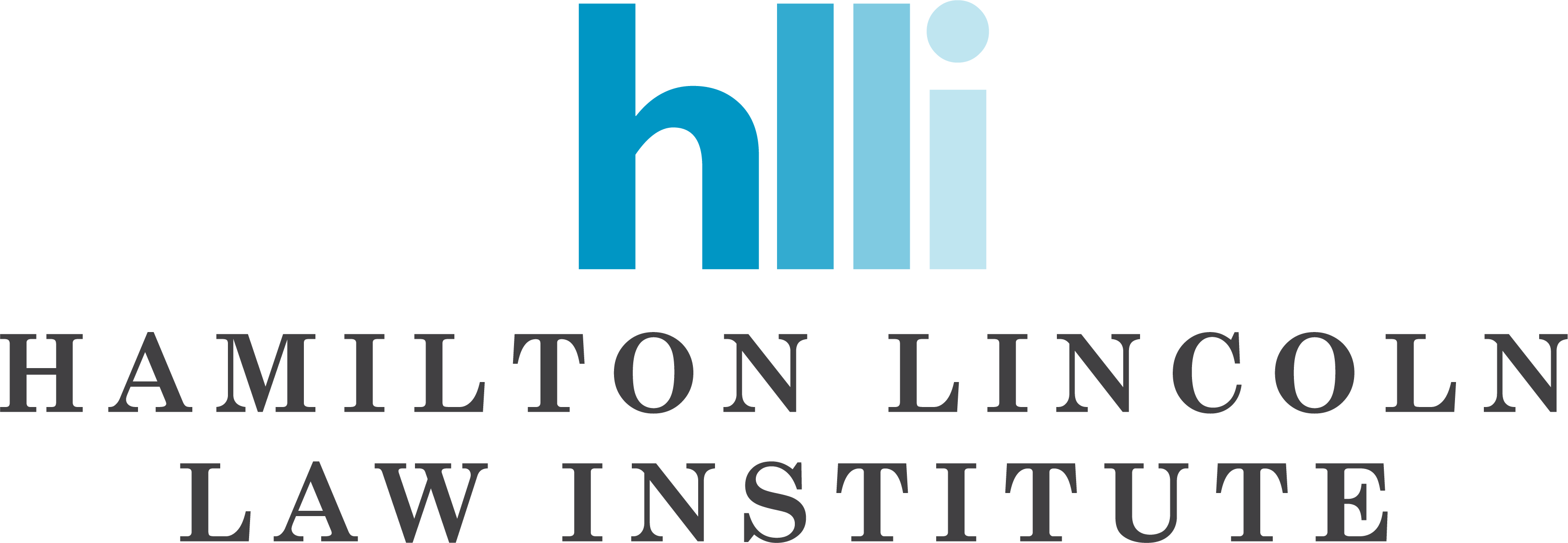 December 20, 2023 — FOR IMMEDIATE RELEASE
December 20, 2023 — FOR IMMEDIATE RELEASE
The Hamilton Lincoln Law Institute (HLLI) advocated to successfully stop $10.5 million in class action funds in the case Hawes v. Macy’s, Inc. from being routed, through settlement cy pres, to the Public Interest Research Group (PIRG)—a left-wing nonprofit advocacy group with no direct interest in the case. Case No. 1:17-cv-754 (S.D. Ohio 2023).
Hawes was heard in the Southern District of Ohio and centered on allegedly mislabeled bed sheets sold nationwide by Macy’s. The Parties agreed, on behalf of the class, to a settlement that promised $10.5 million in relief: First through two distributions to the class, with the remainder to PIRG. But as the law, scholarship, and Plaintiffs’ own briefings made clear, the two distributions wouldn’t have delivered close to $10.5 million to the class—and PIRG would reap a substantial financial windfall to the class’s detriment. So HLLI stepped in as an amicus (“friend of the court”), submitting multiple briefs to the Southern District of Ohio which advocated against the settlement’s structure and PIRG’s inclusion as a beneficiary. And because federal courts have an independent obligation to inspect a class settlement before approving it, the district court considered the independent perspectives of not only HLLI but also multiple legal aid organizations which supported the settlement and cy pres generally.
The court rejected the settlement by agreeing with one of HLLI’s primary arguments, that PIRG was an inappropriate beneficiary for the class given their partisan advocacy. In particular, the court recognized that PIRG donated money to openly political organizations like Hillary Clinton’s Onward Together and advocated enthusiastically for a variety of left wing causes, like fighting global warming and for socialized medicine. The Plaintiffs tried preempting this argument by asserting, via a declaration from PIRG, that PIRG would only spend the settlement funds it received on consumer protection activities. However—as HLLI pointed out and the court agreed—the fungibility of money made this promise pointless and it was unenforceable, anyway. And the Parties never offered an adequate substantive defense of PIRG’s selection as a proxy for the class. Ultimately, the court believed that cy pres beneficiaries in class settlements had to at least be “the next best” recipient for the class if direct relief wasn’t feasible or warranted—and thus PIRG’s partisan associations were disqualifying given this was a case about mislabeled sheets.
Importantly, in rejecting the settlement the district court also required new notice to the class if a different cy pres recipient is proposed, with a fresh window to object. Should you be or know a member of the Macy’s class who has objections to the settlement, HLLI would love to talk.
The Hawes decision rejecting final approval and HLLI’s briefing can be read here.
* * *
Founded in 2019, Hamilton Lincoln Law Institute is a nonprofit public interest law firm that challenges improper restrictions on speech, administrative and regulatory actions, and abuses of the class action and civil justice system that exceed constitutional limits, promote rent-seeking, or otherwise improperly created deadweight loss.
As a nonprofit, tax-exempt organization as defined by section 501(c)(3) of the Internal Revenue Code, HLLI relies on support from individuals and foundations that share a commitment to individual liberty, free enterprise, and limited government. To learn more, visit http://hlli.org.
For more information about this case, contact:
Ted Frank, Director of Litigation, (703) 203-3848, ted.frank@hlli.org
Max Schreiber, max.schreiber@hlli.org
